Chrononaut is Mia and Fabian – a photography duo, currently based in Belgrade.
Mia and Fabian met as children and soon became friends. Around that time photography was already subtly introducing itself into their lives. While Fabian experimented with his grandmother’s film camera, Mia often played with single-use cameras that back then could be purchased in any kiosk in Marbella, a small town in the south of Spain where they both grew up.
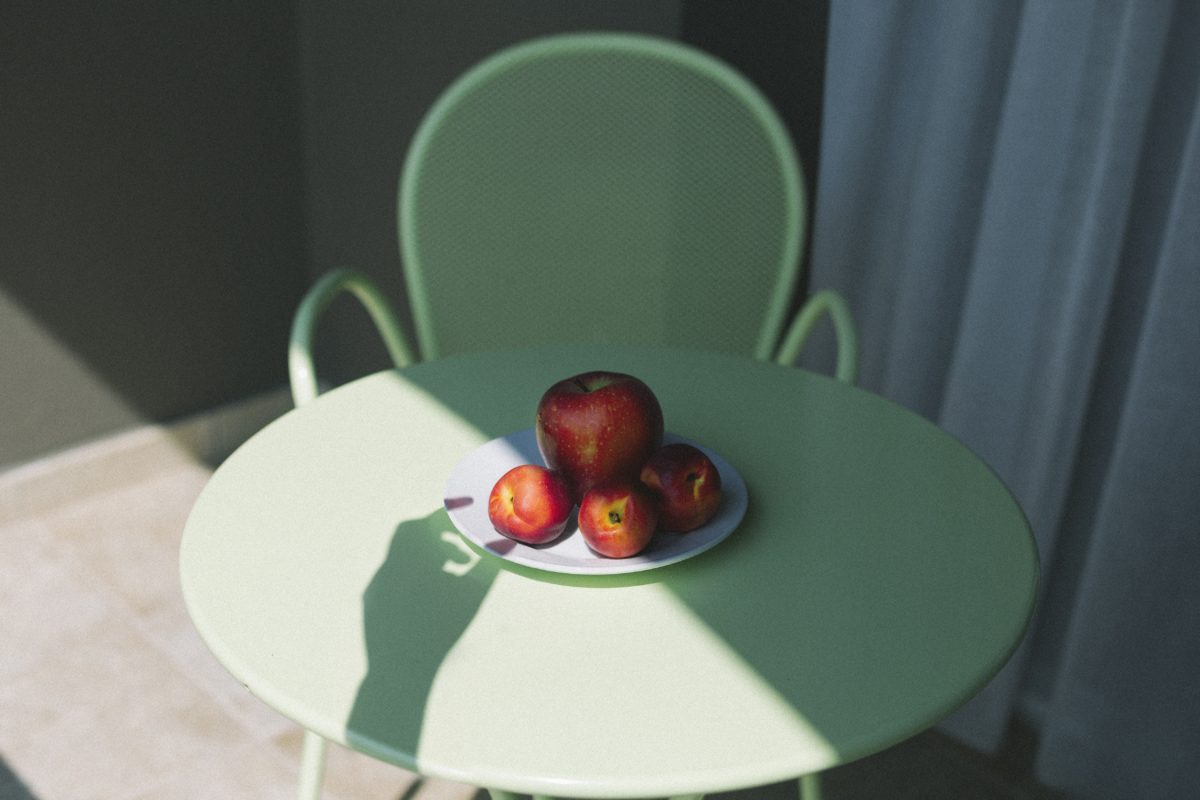
When Fabian’s family moved away they lost contact, only to reconnect with each other twelve years later. Photography had remained part of Mia and Fabian’s lives, and so they dove together into exploring it further.
In their own words the “work” that they’re doing today, apart from trying to unobtrusively express a fragment of their thoughts and emotions, also strives for something that they miss – a pocket of silence in a world of speed and automation, simplicity in a world of abundance, dream in a practical reality.
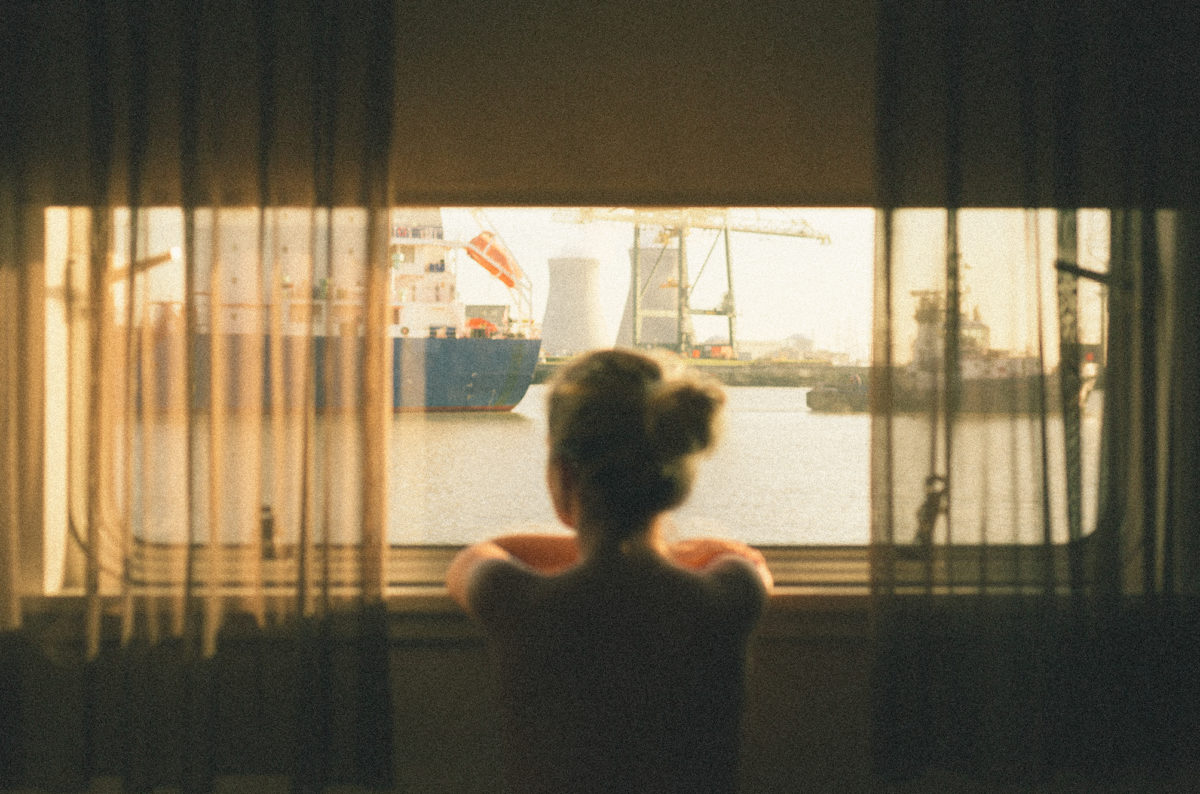 Five Questions to Chrononaut
Five Questions to Chrononaut
How would you describe your photography to someone who has never seen it?
Mia: Perhaps like a little portal into a world of gentle colors, calmness, silence, and simplicity, games of lights and shadows. Hopefully one that permits the viewer to stop, if only for a short while, enter, wonder, feel, question…
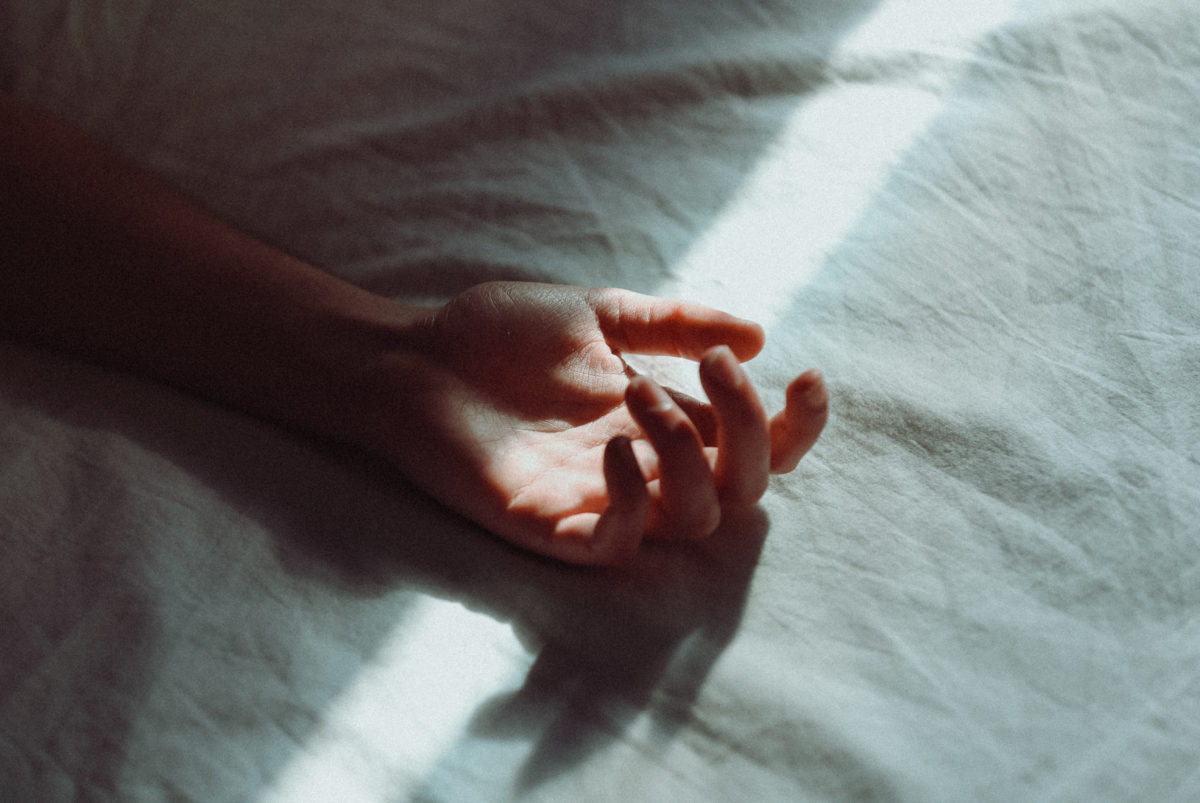 What makes a great photograph?
What makes a great photograph?
Mia: The merge between visual elements – ‘’the language’’ the author is using – and storytelling. In our opinion a great photograph or artwork should enable the viewer to travel, strike something deep within, perhaps some source common to all of us… leave one changed.
Fabian: The form needs to fit the content. In my opinion, a good photographer does not follow certain fixed rules but is flexible and knows when to break them in order to achieve his goal.
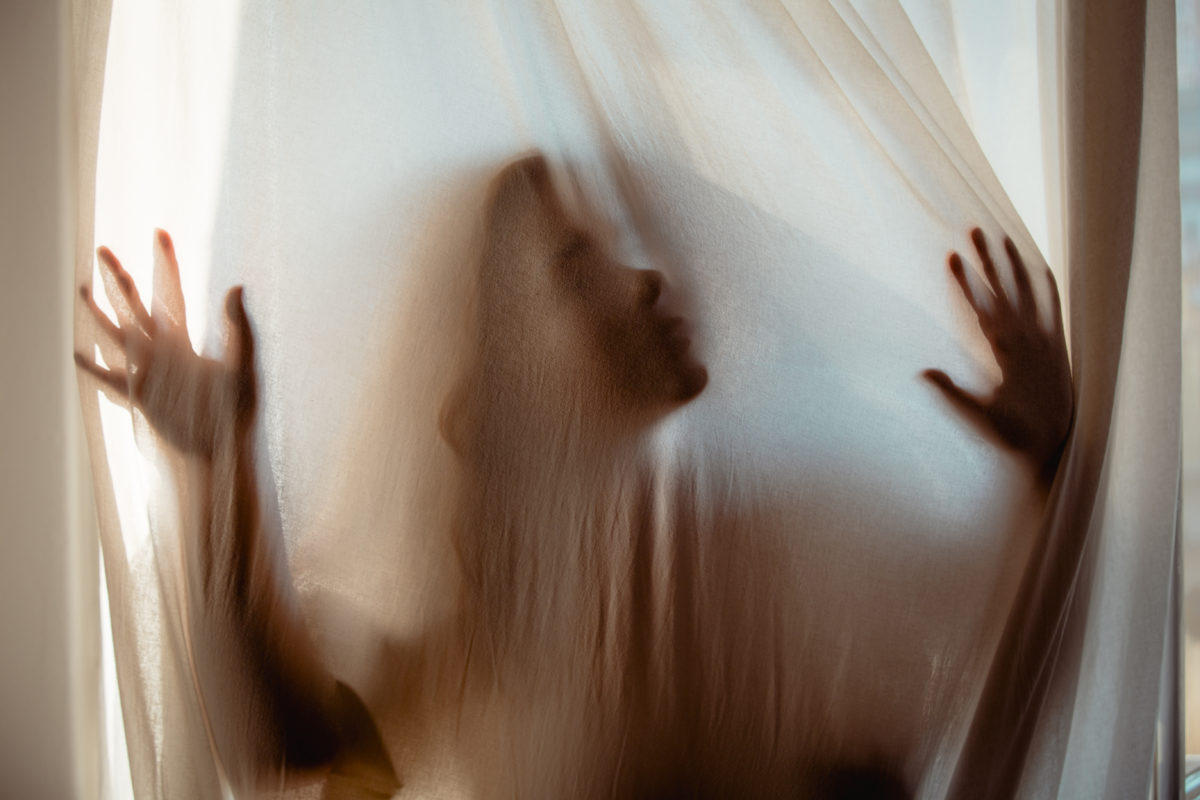 What’s your main source of inspiration when you’re behind the camera?
What’s your main source of inspiration when you’re behind the camera?
Mia: I absorb more than I like to from everything that surrounds me. Large amounts of inspiration I receive from people that are dear to me, not only family and friends, but also writers, musicians, filmmakers etc.
Impressions build up and bring an urge to somehow be unified and shared.
When I am behind the camera, I search for moments that could express them.
Fabian: It is difficult to define what exactly inspires me. I can find beauty in almost everything.
I truly believe that with creativity and an open mind any setting can be turned into a beautiful photograph. If I had to pick a few keywords that represent what inspires me, they would be beauty and harmony. I love it when an image is ‘balanced’ and encompasses a sense of calmness, I try to reproduce that in our images.
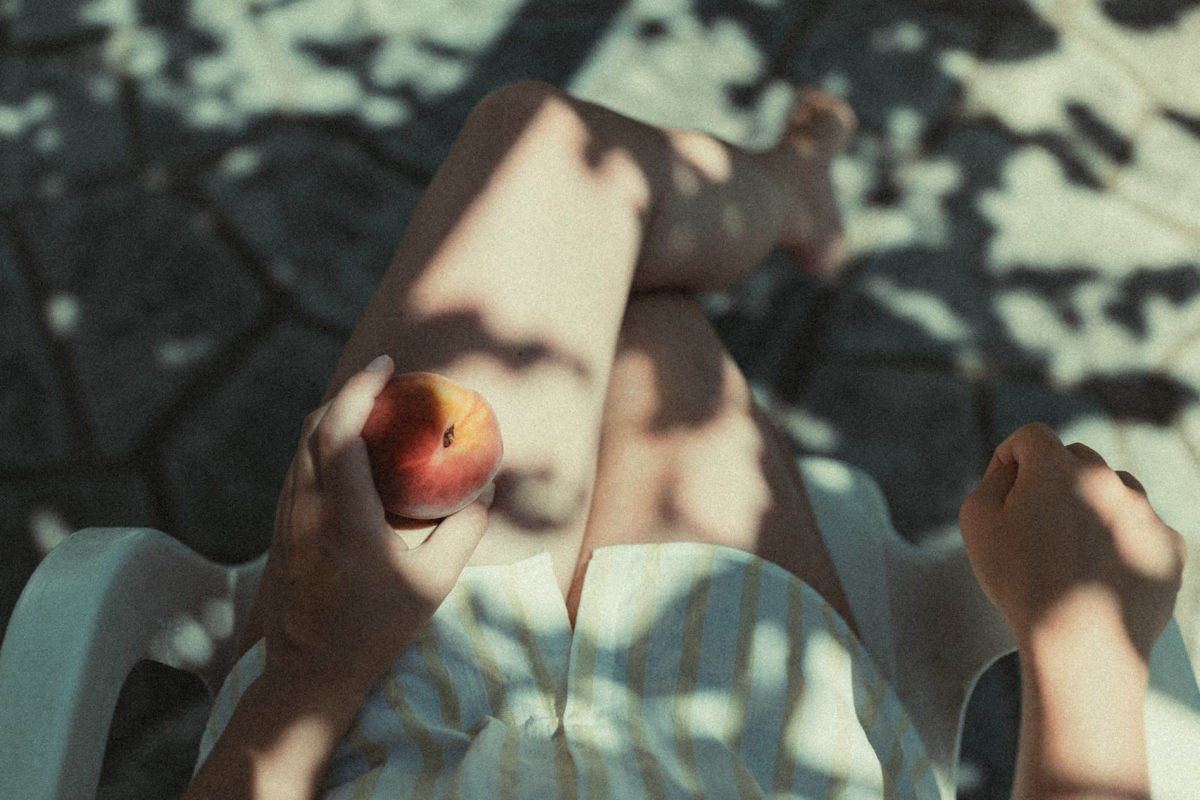 How is the photography industry changing in the digital era?
How is the photography industry changing in the digital era?
Mia: As in other aspects of life, speed and accessibility are also present in the field of the arts.
I see as positive that, on the one hand, a large part of the population can acquire not only technical equipment, but also knowledge and the possibility to share their work with others. On the other hand, generally speaking, the immense amount of information that we receive on a daily basis possibly disables us in the sense that we jump from one thing to another, knowing many things superficially but rarely staying and diving deeper into a single one.
Furthermore, I often question how having so much at our disposal affects our personal work, and what is being lost because of this, together with the trend of art being valued according to the rating that it gets, the number of likes, etc.
I can say for myself that, even though [technology] brought many new possibilities, made the learning process easier, gave access to the work of many authors who I admire and probably would not have known otherwise etc. it is a challenge to preserve authenticity, and practice is necessary in order to restrain from grabbing all that it offers, focus, connect with the environment and the subject, then capture.
Fabian: I think that with the digital era, especially in the recent years when digital cameras reached the right quality and wide dynamic range, a new era emerged for the analog photographer as well. In the same way painters did not disappear with the advent of the camera but instead got more artistic freedom, analog photographers are now leveraging the possibilities of the analogue camera to pursue artistic goals that would have been deemed “bad practice” or even mistakes before.
Some people think that the digital era has made photography superficial and fast. They think that the wide range of possibilities in editing and the fact that virtually infinite shots can be made have taken the magic and art out of photography.
I disagree with that statement because I think that just like with most technological advancement, humans do not become lazy and abuse the gained comfort and speed, but instead use it to achieve new, more complex and different forms of art.
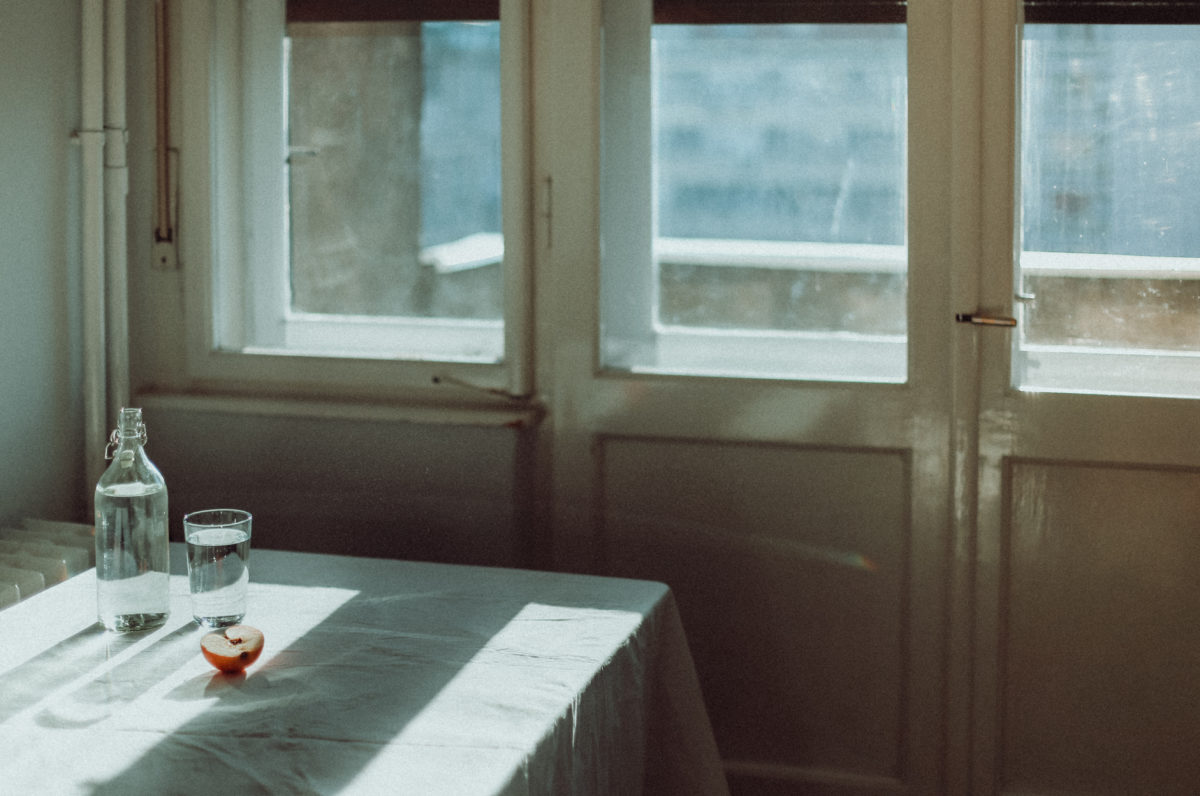 Have you heard of Blockchain and if so, what are your views on it?
Have you heard of Blockchain and if so, what are your views on it?
Mia: I have heard of it in relation to cryptocurrencies, mostly. I understand it is a safe and promising technology that can be used to keep track of different kinds of transactions, whether it be copyrights, contracts or currency.

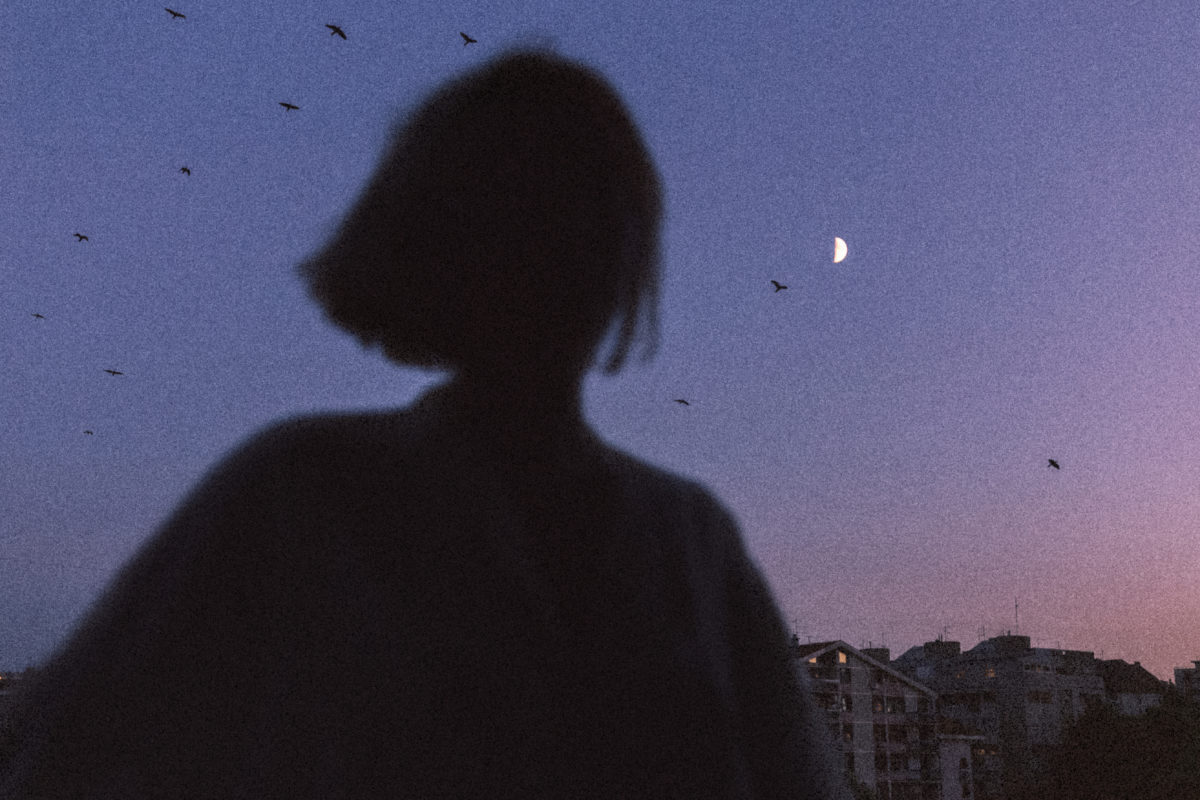 You can find Chrononaut’s work on
You can find Chrononaut’s work on